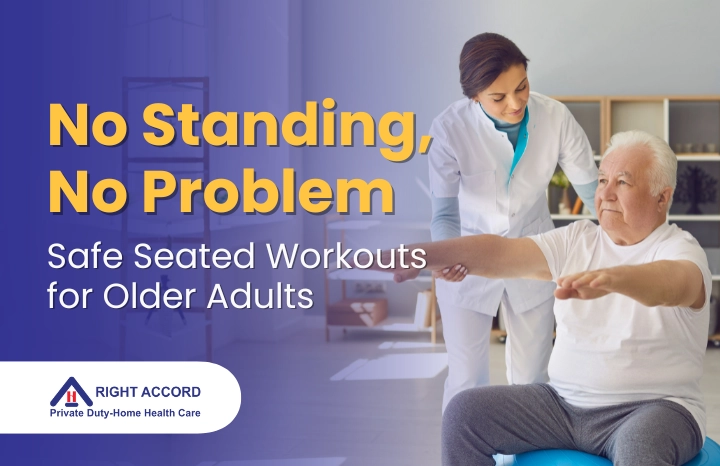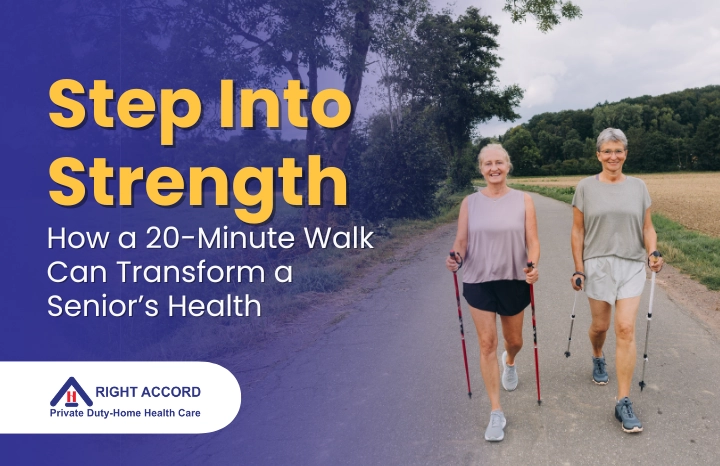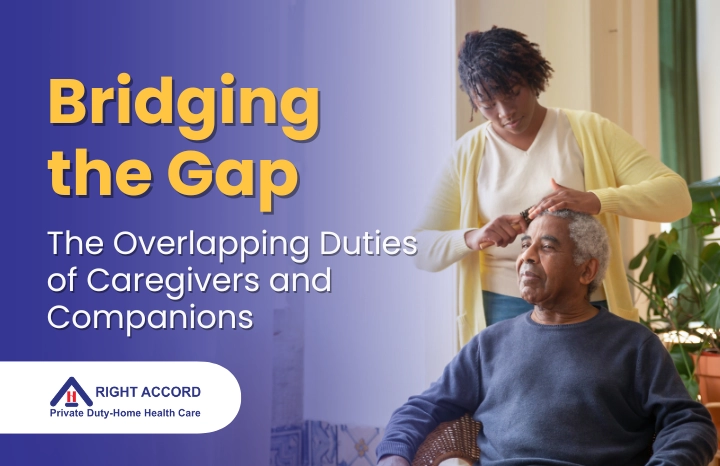· 10 min read
Path to Ageless Living: Keeping Health in Your Golden Years
This blog will explore the path to ageless living, providing valuable insights and practical tips to help you stay healthy and active as you grow older.
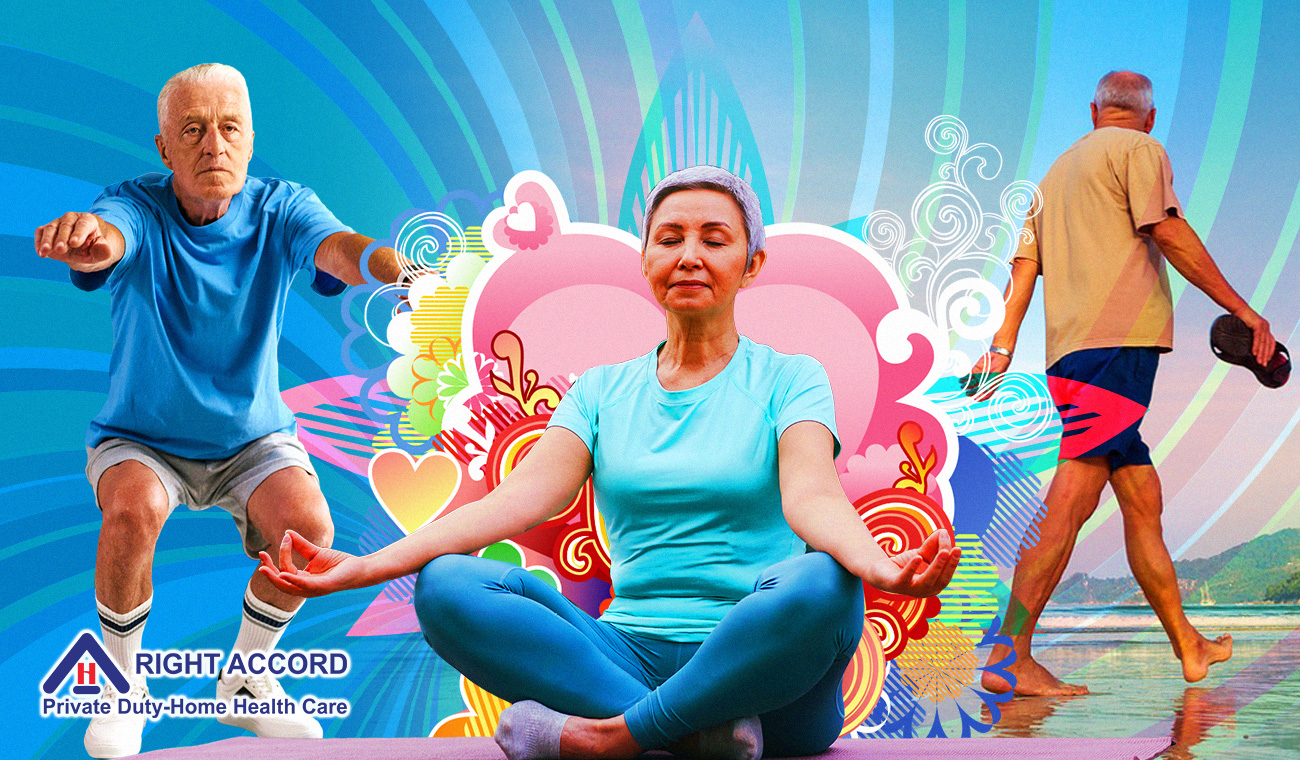
By: Rosemarie Tamunday Casanova — RN, BSN, MHA
Embracing the golden years is a journey that can be both exciting and challenging. As we age, maintaining health and wellness becomes increasingly important to live a vibrant and fulfilling life.
In this article, we will explore the path to ageless living, providing valuable insights and practical tips to help you stay healthy and active as you grow older.
Ageless living is not about defying the natural aging process but rather about embracing it with grace and vitality. It’s about adopting a holistic approach that encompasses physical, mental, and emotional well-being. From staying active and eating well to nurturing meaningful relationships and practicing self-care, we will delve into the key factors that contribute to healthy aging.
The Importance of Health and Wellness in Aging
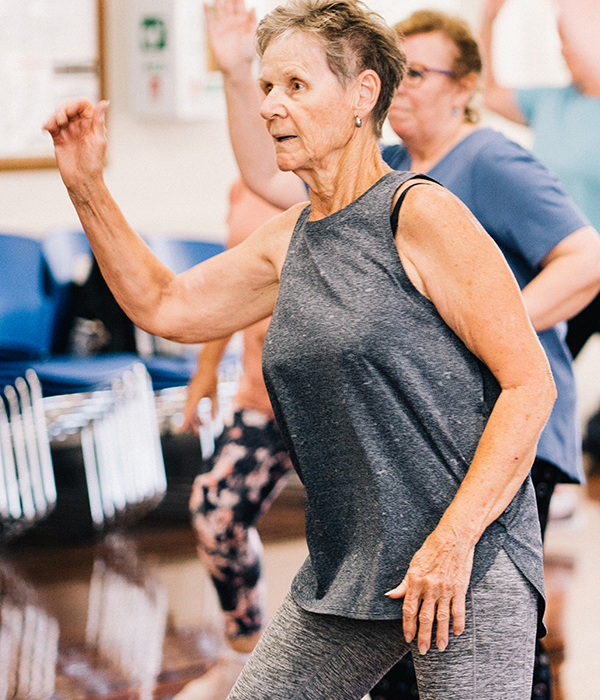
Photo by WGCF on Pexels
Maintaining good health and wellness is crucial for enjoying a high quality of life as we age. It allows us to continue doing the things we love, pursuing our passions, and staying engaged with the world around us.
Furthermore, prioritizing our health can help prevent or manage age-related diseases and conditions, ensuring a longer and more fulfilling lifespan.
One of the first steps towards ageless living is adopting a healthy lifestyle. This includes making nutritious food choices, engaging in regular physical activity, managing stress levels, and getting enough sleep. By taking care of our bodies and minds, we can enhance our overall well-being and resilience, enabling us to navigate the challenges that come with aging more effectively.
It’s important to remember that age is just a number, and it should never limit us from leading a fulfilling and vibrant life. By investing in our health and wellness, we can redefine what it means to age gracefully and embrace the golden years with vitality and purpose.
Common Health Issues in Older Adults
As we age, our bodies undergo various changes that can increase the risk of developing certain health issues. While it’s true that everyone’s health journey is unique, there are some common conditions that tend to affect older adults more frequently. Understanding these health issues can help us take proactive measures to prevent or manage them effectively.
One of the most prevalent health concerns among seniors is chronic diseases such as heart disease, diabetes, and arthritis. These conditions can significantly impact our quality of life and require careful management. Additionally, age-related changes in vision and hearing can affect our sensory abilities, making it important to prioritize regular check-ups and seek appropriate treatment.
Mental health is another crucial aspect of overall well-being, and older adults are not immune to mental health challenges. Depression and anxiety can often go unnoticed or untreated in seniors, leading to a decline in both physical and cognitive health. Being aware of the signs and seeking professional help when needed is essential for maintaining mental well-being as we age.

Photo by Louis Hansel on Unsplash
Nutrition for Healthy Aging
A balanced and nutrient-dense diet is fundamental for healthy aging. As our bodies undergo various physiological changes, our nutritional needs also evolve. It’s important to focus on consuming foods that provide essential nutrients and support overall health.
A diet rich in fruits, vegetables, whole grains, lean proteins, and healthy fats is recommended for seniors. These foods provide essential vitamins, minerals, antioxidants, and fiber that can help reduce the risk of chronic diseases, maintain a healthy weight, and support optimal bodily functions. It’s also important to stay hydrated by drinking an adequate amount of water throughout the day.
In addition to a well-rounded diet, certain nutrients are particularly beneficial for older adults. Calcium and vitamin D are essential for maintaining strong bones and reducing the risk of osteoporosis. Omega-3 fatty acids, found in fatty fish like salmon and sardines, can help support brain health and reduce inflammation. Consulting with a registered dietitian can provide personalized guidance on meeting individual nutritional needs.

Photo by Vlada Karpovich on Pexels
Exercise and Physical Activity for Seniors
Regular physical activity is key to maintaining strength, flexibility, and cardiovascular health as we age. Engaging in exercise not only improves physical well-being but also boosts mood, reduces stress, and enhances cognitive function.
It’s important to find activities that you enjoy and that suit your fitness level. Walking, swimming, cycling, and low-impact exercises like yoga and tai chi are excellent options for seniors. These activities are gentle on the joints while still providing numerous health benefits.
Incorporating strength training into your exercise routine is also crucial. It helps maintain muscle mass and bone density, reducing the risk of falls and fractures. Even simple bodyweight exercises or resistance bands can be effective in building strength.
Remember to always consult with your healthcare provider before starting a new exercise program, especially if you have any underlying health conditions. They can provide personalized recommendations based on your individual needs and help ensure your safety throughout your fitness journey.
Mental Health and Cognitive Function in Aging
Taking care of our mental health is just as important as taking care of our physical health. Aging is often accompanied by changes in cognitive function, such as memory decline or slower processing speed. However, there are strategies we can adopt to promote brain health and maintain cognitive abilities.
Staying mentally active is crucial for cognitive well-being. Engaging in activities that challenge the brain, such as puzzles, reading, learning new skills, or playing musical instruments, can help keep the mind sharp. Social interaction is also beneficial for mental health, as it provides opportunities for intellectual stimulation and emotional connection.
Managing stress is another key aspect of mental well-being. Chronic stress can negatively impact cognitive function and increase the risk of developing mental health disorders. Incorporating stress management techniques into your daily routine, such as meditation, deep breathing exercises, or engaging in hobbies that bring joy, can help reduce stress levels and promote overall mental wellness.

Photo by Anna Shvets on Pexels
Tips for Maintaining Social Connections in Your Golden Years
Maintaining social connections is vital for emotional well-being and overall life satisfaction. As we age, it’s common for social networks to shrink due to various factors such as retirement, physical limitations, or the loss of loved ones. However, there are ways to foster social connections and build a support system in your golden years.
Joining community groups, clubs, or organizations that align with your interests can be a great way to meet like-minded individuals and form new friendships. Volunteering in your community not only provides a sense of purpose but also allows you to connect with others who share your values.
Technology can also play a significant role in maintaining social connections. Video calls, social media platforms, and online communities provide opportunities to stay connected with family and friends, even if they are geographically distant.
It’s important to prioritize social interactions and make an effort to stay connected with loved ones. Regular phone calls, video chats, or in-person meetups can help combat feelings of loneliness and isolation, enhancing your overall well-being.
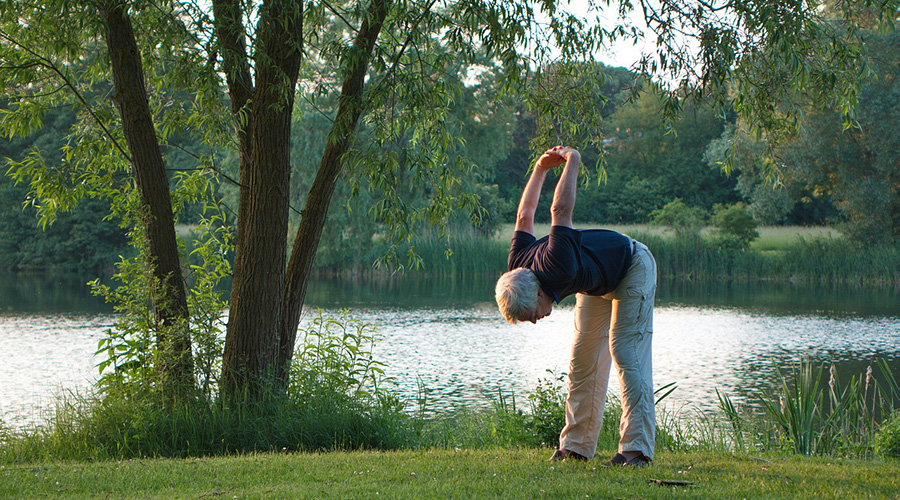
Photo by Cnort on Pixabay
Preventive Measures for Age-Related Diseases
Prevention is always better than cure, and this holds true for age-related diseases as well. By adopting preventive measures, we can reduce the risk of developing certain conditions and promote optimal health throughout our lives.
Regular health check-ups and screenings are crucial for early detection and intervention. This includes routine blood pressure checks, cholesterol screenings, cancer screenings, and vaccinations. By staying proactive with your health, you can catch potential issues early on and seek appropriate treatment or make necessary lifestyle changes.
Maintaining a healthy weight is also important for preventing chronic diseases. Obesity is a risk factor for various health conditions, including heart disease, diabetes, and certain types of cancer. By adopting a balanced diet and engaging in regular physical activity, you can manage your weight and reduce the risk of these diseases.
Lastly, it’s important to avoid tobacco and limit alcohol consumption. Smoking and excessive alcohol intake can have detrimental effects on overall health and increase the risk of developing a variety of health conditions. Making healthy lifestyle choices and seeking support if needed can help you maintain a healthier and happier life as you age.

Photo by Cnort on Pixabay
The Role of Technology in Promoting Health and Wellness in Seniors
Technology has revolutionized the way we live, and it has the potential to greatly enhance health and wellness for seniors. From wearable fitness trackers to mobile applications that monitor health parameters, technology offers numerous tools to support healthy aging.
Wearable devices, such as smartwatches or fitness trackers, can help seniors track their physical activity, heart rate, sleep patterns, and more. This data can provide valuable insights into overall health and motivate individuals to stay active and make positive lifestyle changes.
Telehealth is another aspect of technology that has gained prominence, especially during the COVID-19 pandemic. Telehealth allows seniors to consult with healthcare professionals remotely, reducing the need for in-person visits and making healthcare more accessible and convenient.
Mobile applications and online platforms provide a wealth of resources for seniors, including exercise routines, meditation guides, brain-training games, and nutrition tips. These tools can support healthy lifestyle choices and provide guidance for maintaining well-being at your fingertips.
As technology continues to advance, it’s important to embrace its potential and explore the various ways it can enhance your health and wellness. However, it’s crucial to strike a balance and not let technology replace human connection and the importance of face-to-face interactions.
Resources for Ageless Living - Books, Podcasts, and Websites
In the quest for ageless living, there are numerous resources available that provide valuable information and inspiration. Books, podcasts, and websites dedicated to health and wellness for seniors can be excellent sources of guidance and motivation.
Some recommended books include “Healthy Aging: A Lifelong Guide to Your Physical and Spiritual Well-Being” by Andrew Weil, “The Blue Zones: Lessons for Living Longer From the People Who’ve Lived the Longest” by Dan Buettner, and “The Longevity Diet: Discover the New Science Behind Stem Cell Activation and Regeneration to Slow Aging, Fight Disease, and Optimize Weight” by Valter Longo.
Podcasts like “The Ageless Generation” and “The Live Well Age Well Show” feature interviews with experts in the field of aging, providing insights and practical tips for healthy living. Websites such as the National Institute on Aging and the American Association of Retired Persons (AARP) offer a wealth of resources, articles, and interactive tools to support healthy aging.
Exploring these resources can provide you with a wealth of knowledge and inspiration to lead a vibrant and fulfilling life in your golden years.
Conclusion: Embracing Age with Vitality and Purpose
The path to ageless living is not about defying the natural aging process but rather about embracing it with grace and vitality. By prioritizing our health and wellness, we can navigate the challenges that come with aging more effectively and enjoy a vibrant and fulfilling life in our golden years.
From adopting a healthy lifestyle and practicing self-care to nurturing social connections and seeking preventive care, there are numerous steps we can take to promote healthy aging. By integrating these practices into our daily lives, we can unlock the potential to live our best lives and redefine what it means to age gracefully.
Remember, age is just a number, and it should never limit us from pursuing our passions, engaging with the world, and finding joy in every stage of life. Embrace the journey of aging with vitality and purpose, and let ageless living be your guiding light to a fulfilling and vibrant life in your golden years.
